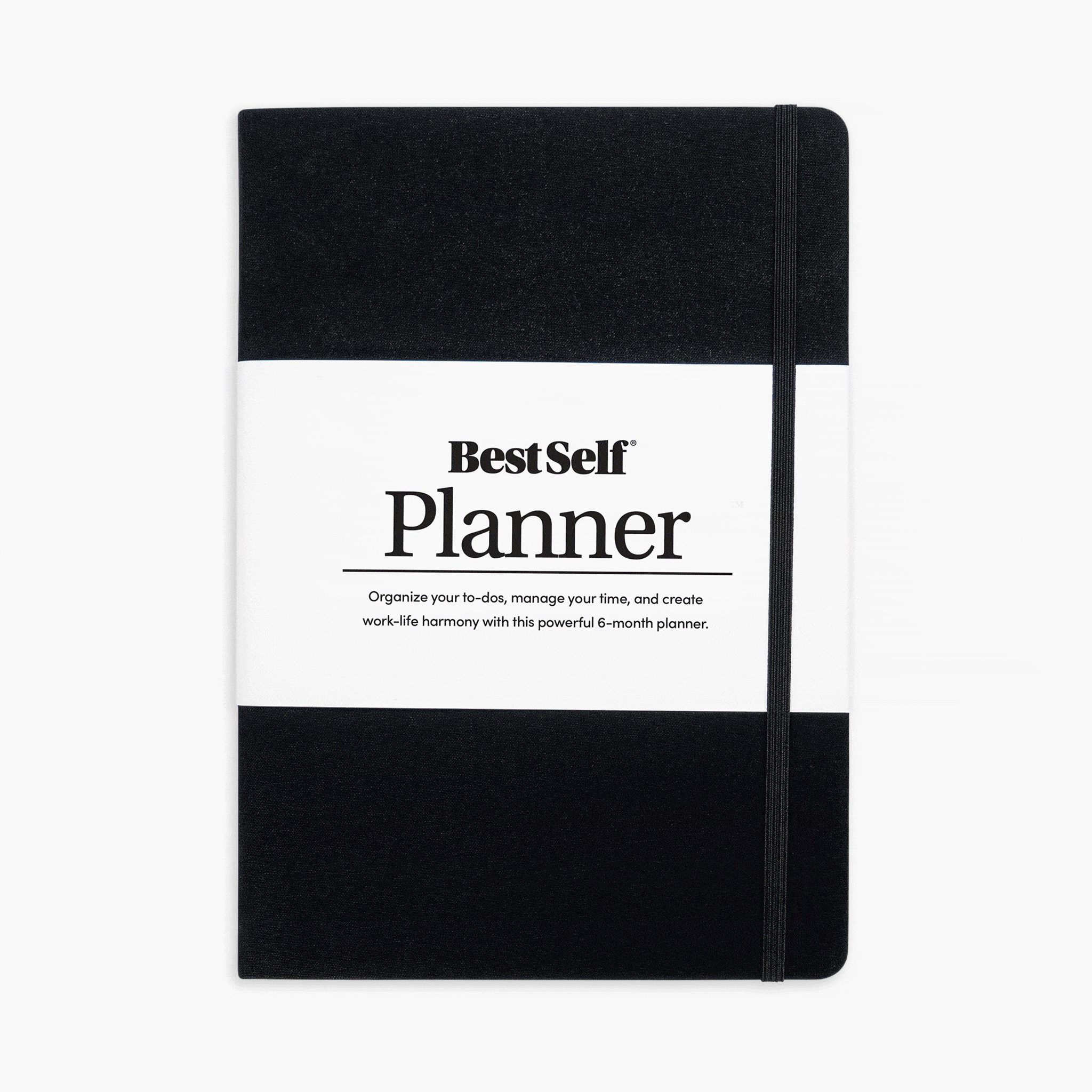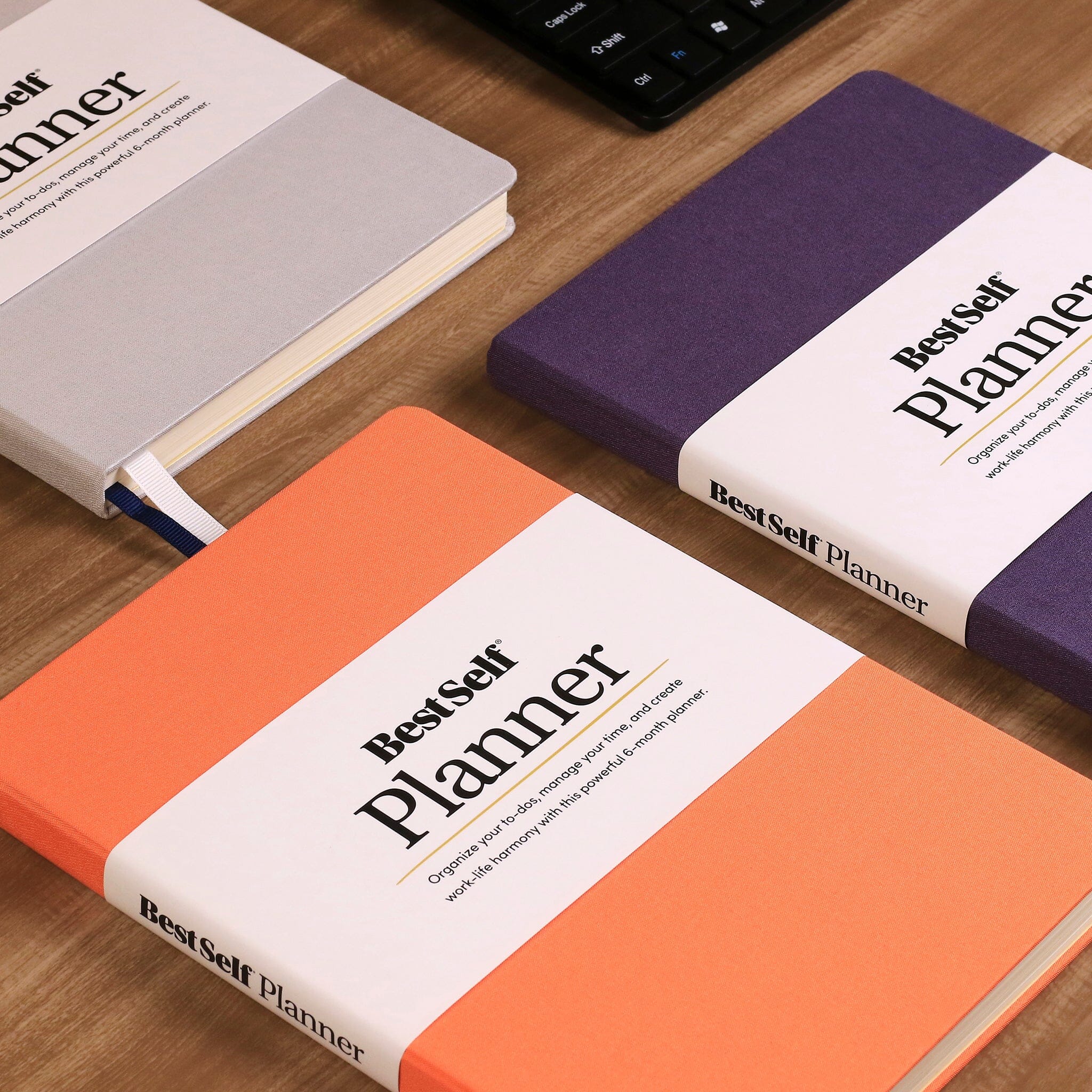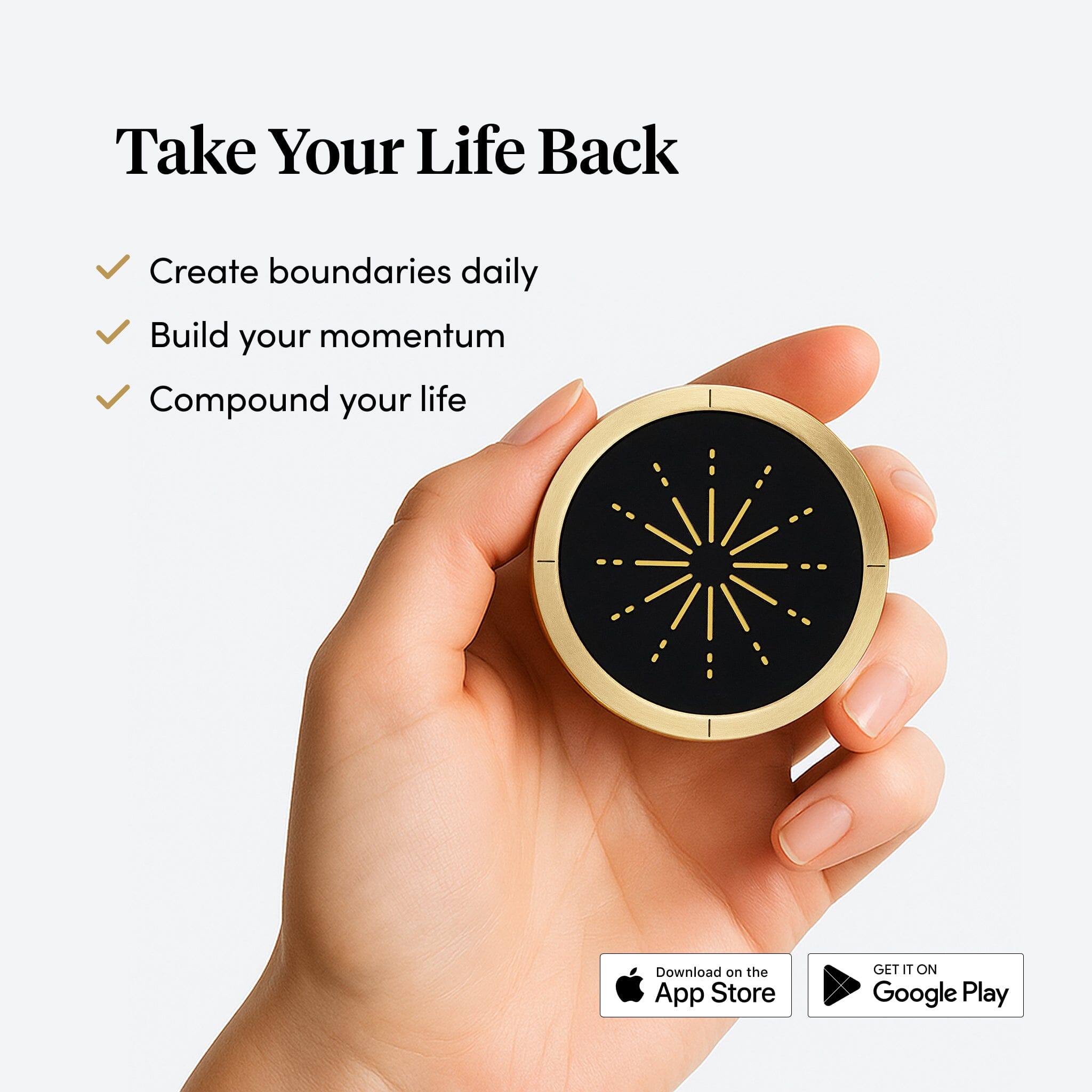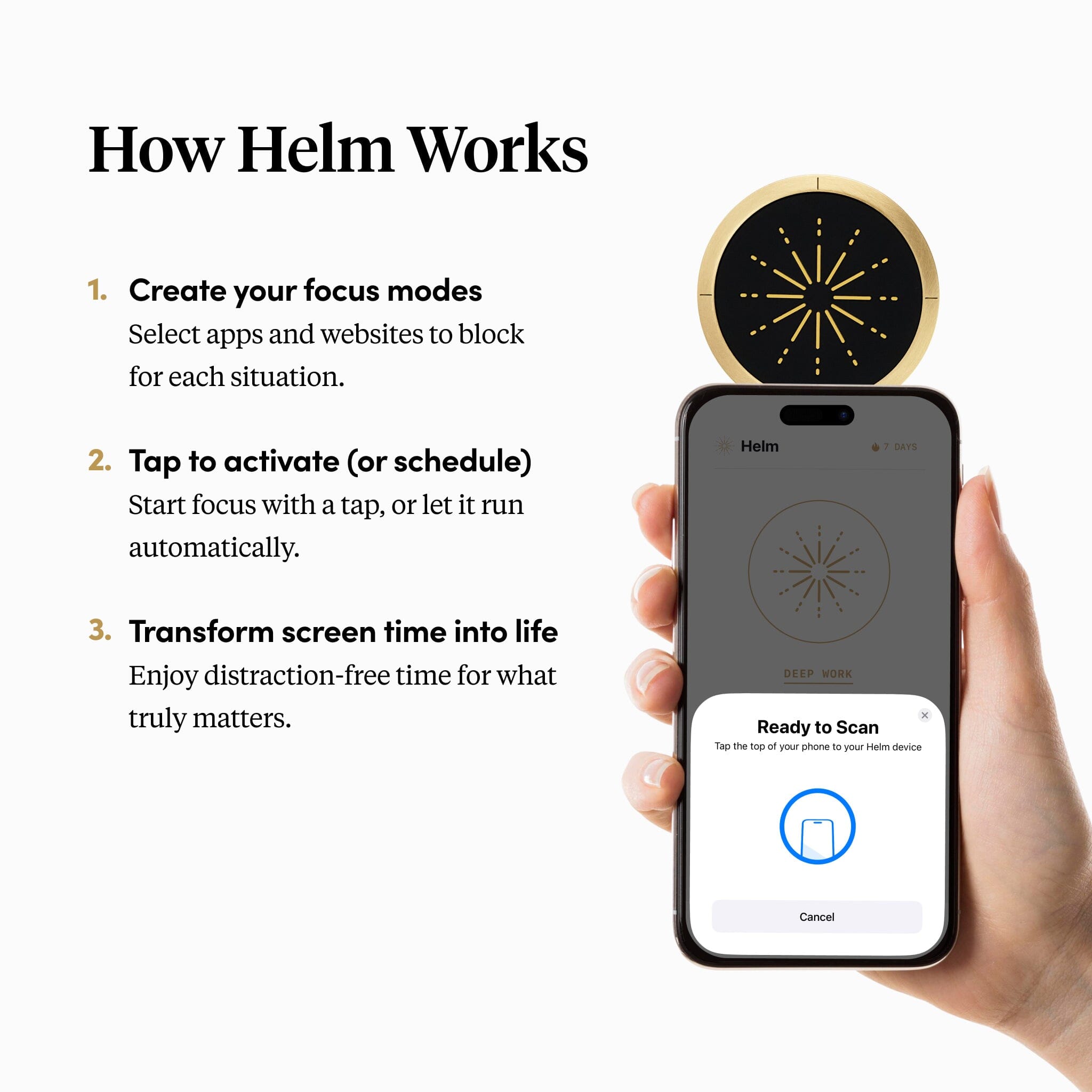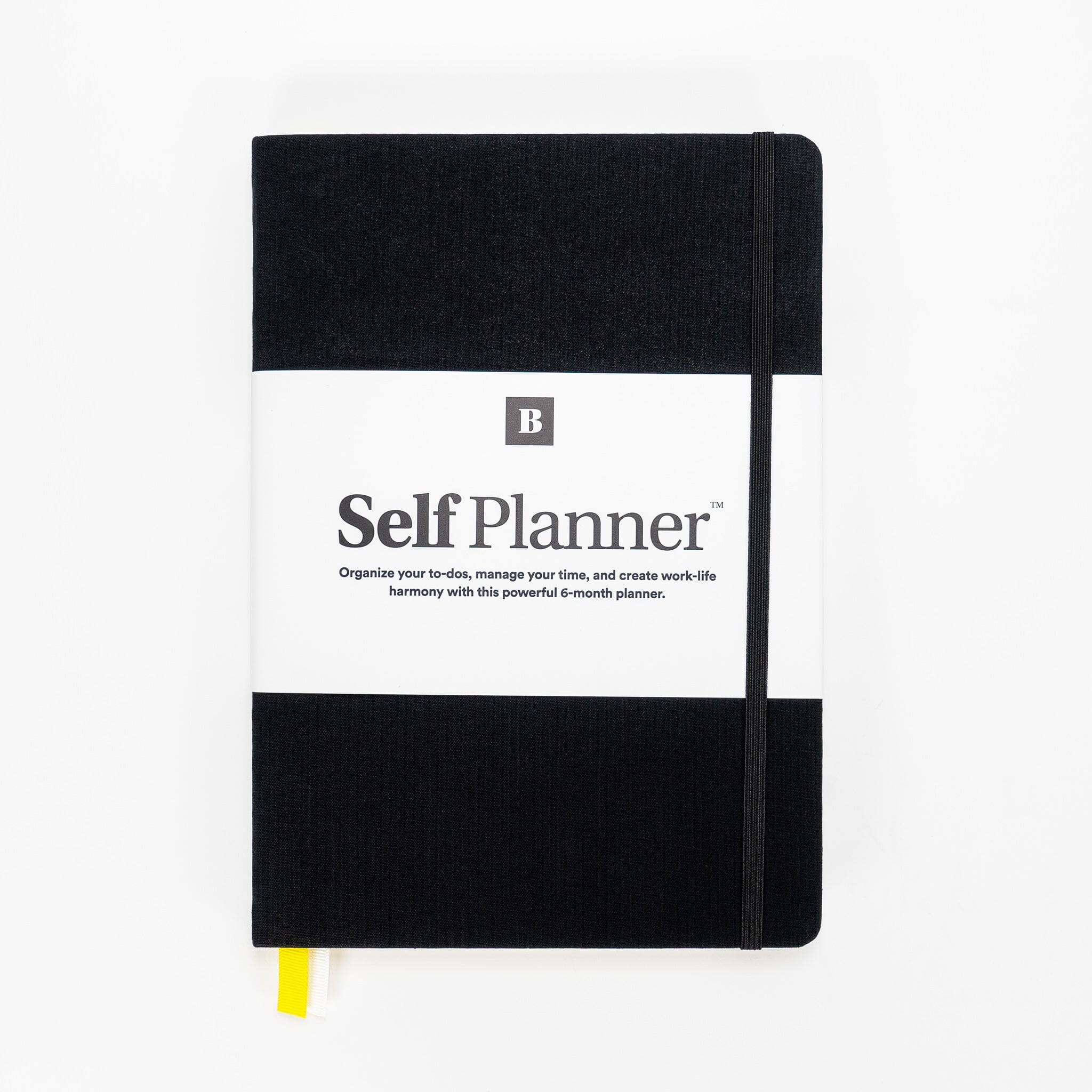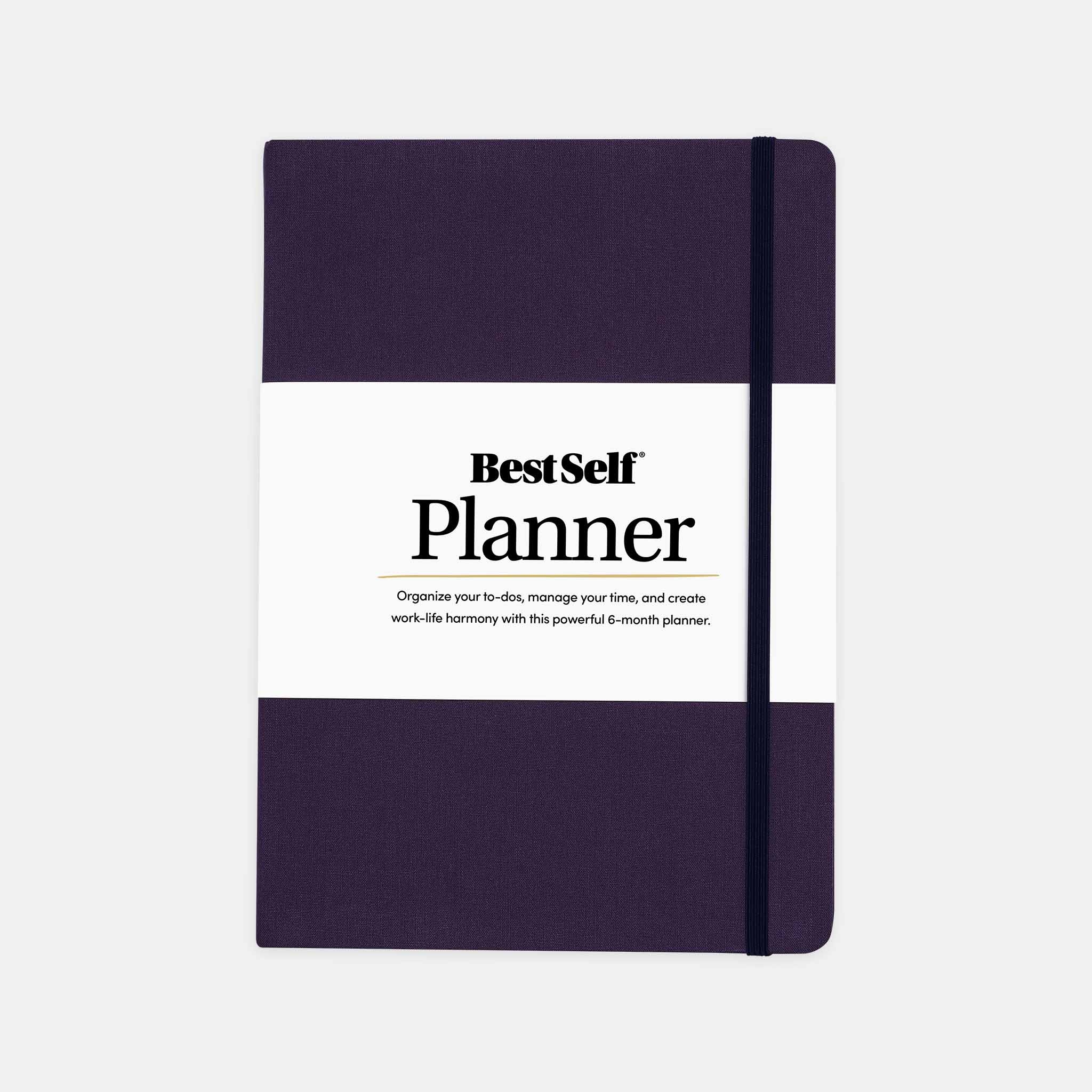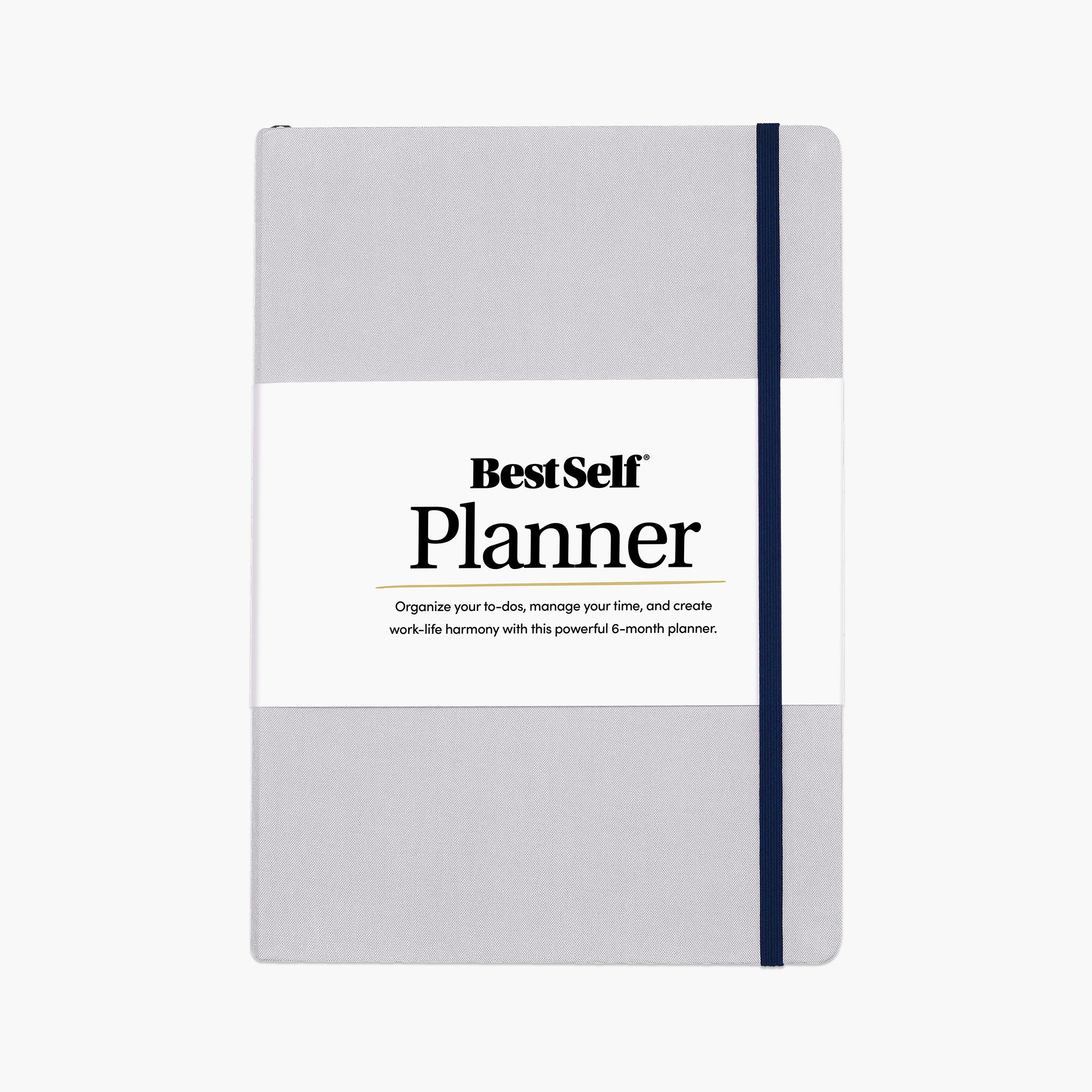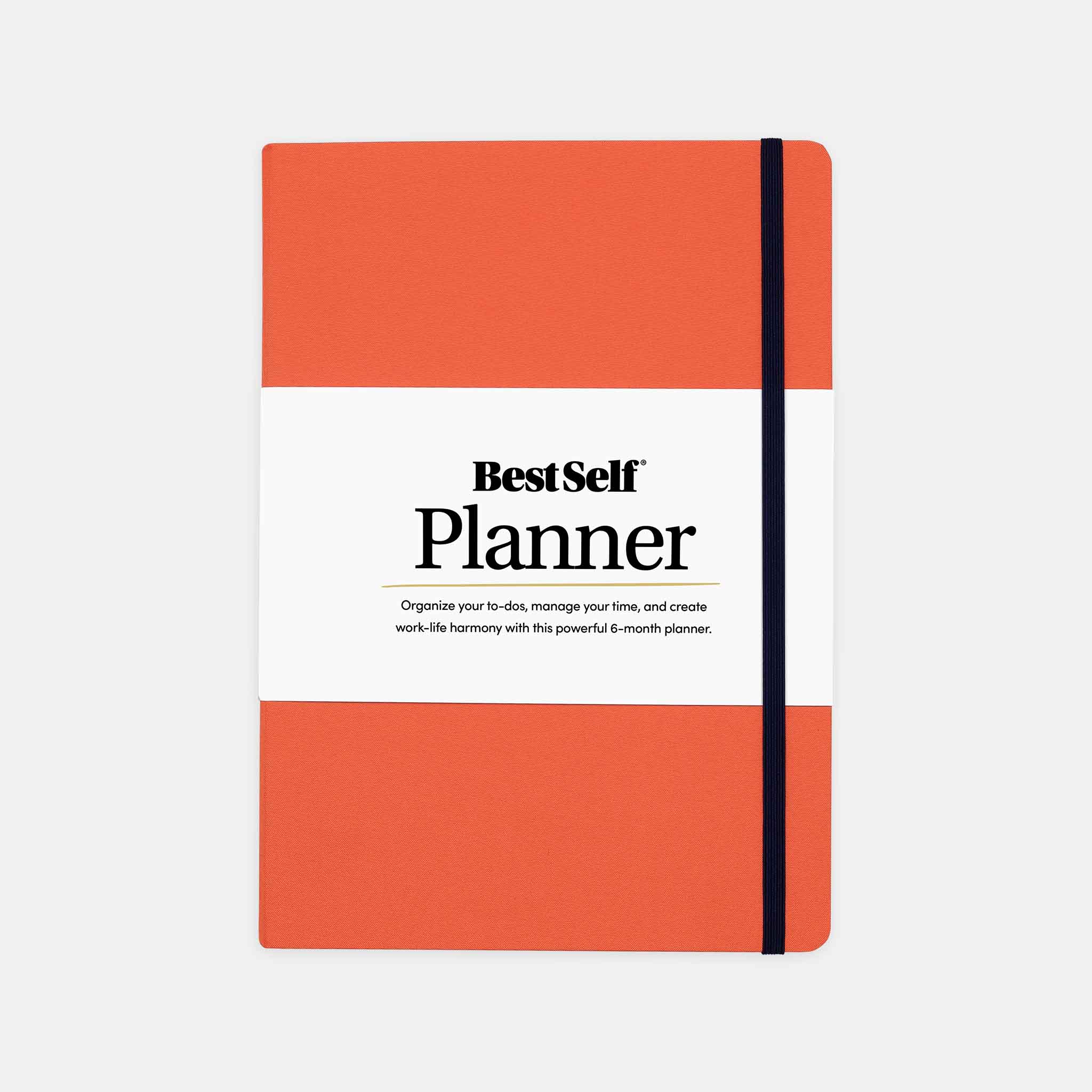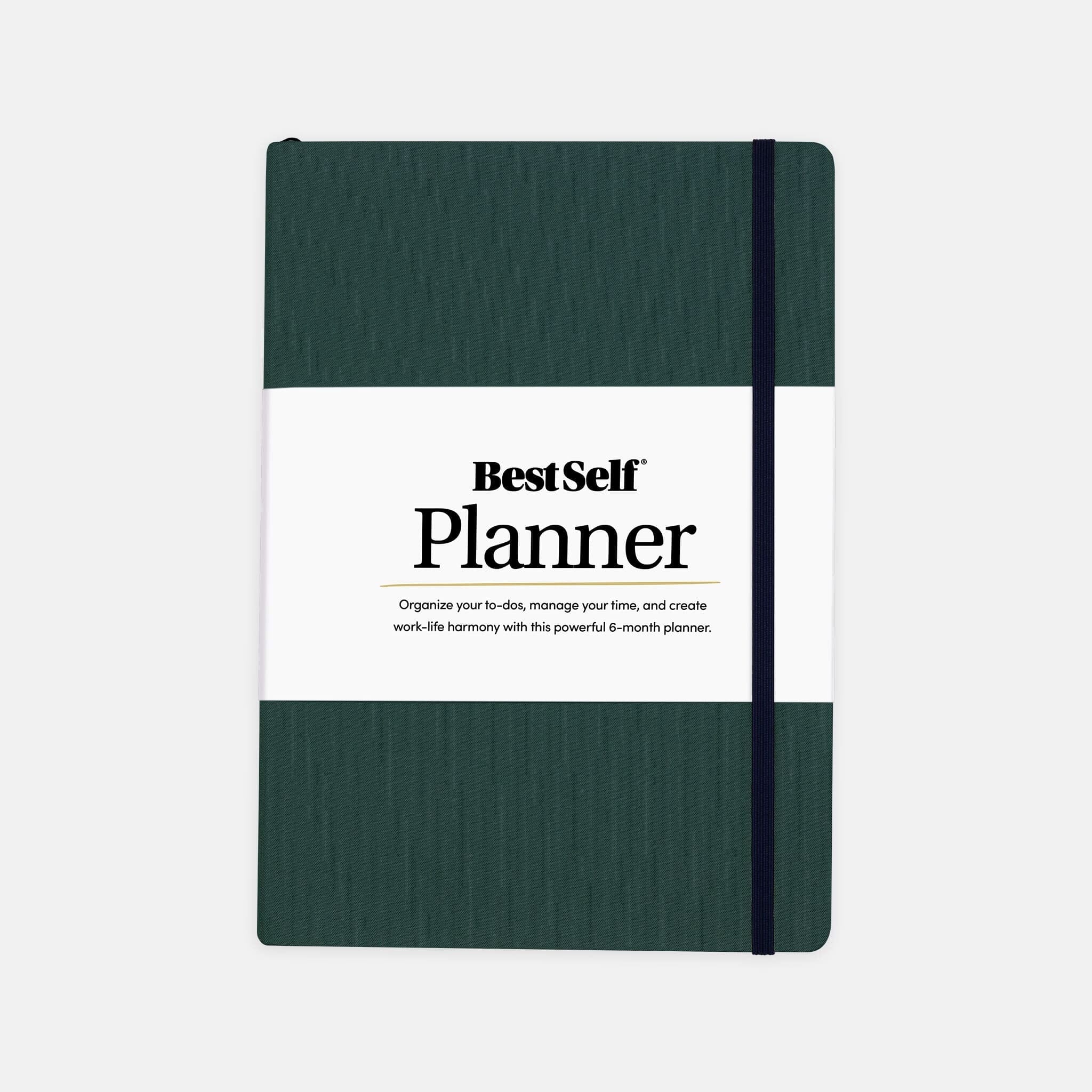By Georgina El Morshdy
According to science, only 8% of people achieve their goals. This statistic begs the question, how do you increase the odds in your favor?
These ten simple checks go a long way.
1. Is your goal S.M.A.R.T?
There’s a difference between a goal and an aspiration. In the words of Napoleon Hill, “A goal is a dream with a deadline”.
S.M.A.R.T goals take this definition further…
S stands for Specific. When you get specific with your goal, you remove any ambiguity because you know exactly what success looks like.
M stands for Measurable. If you can’t measure your goal, then how will you know whether or not you’ve achieved it?
A stands for Attainable. Strike a balance between challenging and attainable, and you’re more likely to win.
R stands for Relevant. Does your goal link into your vision for life?
T stands for time-bound. Without a deadline, you’re more likely to procrastinate, squander time, and keep putting off the actions you need to take.
2. Do you have a big enough WHY?
You can do virtually anything, but you can’t do everything. We live in a world of possibilities, and our job as humans is to explore our unique corners of potentiality.
Goals are supposed to be challenging. It’s how they inspire us to grow and develop new skills. It’s also the reason that goals put us on a collision course with our fears.
Can I do this?
What if they think I’m stupid?
What if I make a mistake or get it wrong?
There will be times when you’ll want to throw in the towel. You will get knocked down and find yourself wondering if you’ll ever get up again.
When your WHY is big enough, you can overcome anything. When the desire to cross the finish line burns in your heart, you’ll find a way through any roadblock.
That’s the power of your WHY.
3. Have you made the time?
If you choose to adopt the belief that there’s enough time for everything that matters, you will find space to fulfil your goal.
It’s so easy to fall back on the excuse that there’s not enough time.
But if you were to do an inventory of your life, you’ll surely find pockets that you can leverage for a bigger purpose than social scrolling and Netflix binging!
What gets planned gets done!
That’s the true power of your planner [we recommend the Self Journal!] When you can see that dedicated space exists in your day to work on your goal, suddenly the time excuse goes out the window!
4. Have you identified your habits?
A goal always creates a gap in front of you.
And that gap can be intimidating! It can also become a factor that keeps you from your goal - especially if you allow the magnitude of what you have to achieve to get under your skin.
Did you know there’s another way to accomplish big goals that’s far less intimidating and a lot easier?
You simply focus on the step in front of you; taking one step at a time and one day at a time.
That’s the power of your habits.
Do a little every day, and you’ll achieve far more a lot quicker. For example, it’s easier to make one sales call a day over a month than try to cram 30 into an afternoon.
Plus, habits eventually sink into autopilot, meaning they require less and less energy to get them done.
Your daily habits are your shortcut to goal success. Be sure to leverage them to your fullest advantage.
5. Are you accountable to anyone?
It’s easy to make big declarations about what you’re going to do. But in the excitement of the goal setting moment, we can feel unstoppable.
Then reality kicks in… and our fears, doubts, and insecurities can get the better of us!
Enlisting the help of an accountability coach or buddy can pay dividends. When you know you have to report your progress to someone else, you have a stronger incentive to take action and get stuff done.
There’s something about the power of saving face that spurs you into an implementation mode. In turn, more goals are achieved.
6. Can you see yourself achieving your goal?
Henry Ford famously said, “Whether you think you can, or you think you can't -- you're right.”
In other words, if you can perceive something in your mind, chances are you can create that in reality too.
It’s why top athletes and performers practice the art of visualisation. It turns out your brain can’t always tell the difference between a real experience and an imagined one.
Both create a reference of success in your brain and you’ll unleash the motivation and self-belief to go after your goals and dreams.
Try creating a vision board.
Or simply allow your imagination to take you to a point in time when the dream you’re working on is in your hands.
Notice how it feels - and allow that feeling to drive you forwards.
7. How’s your self-belief?
One of the most common stumbling blocks that people face when moving towards their goals is their self-belief.
Check-in with yourself.
Do you believe you can do this - or is the voice of self-doubt stronger?
Your belief creates the lens through which you look at the world and tackle your goals. If you expect failure or disappointment, you’ll subconsciously take the actions that create this experience.
In comparison, if you know the goal is as good as done, you’ll show up with a fierce determination that sparks a little bit of magic.
Then before you know it, the ‘impossible’ becomes your reality.
8. Can you be grateful for the journey to your goal?
When moving towards our goals, we’re called to dance between excitement for what’s to come and appreciation of the present moment.
You’re invited to think bigger and achieve more while enjoying today.
It’s tempting to get lost in the future - telling yourself that life will be amazing when your goal is finally achieved! But if you put all your time and energy onto that future point in time, you’ll miss out on the magic that’s happening now.
This quote from Zig Ziglar sums this dance up for me. He said, “What you get by achieving your goals is not as important as what you become by achieving your goals.”
In other words, it’s not just the goal itself that matters. It’s the skills you develop, the courage you cultivate, the experiences you have, and the way the goal changes YOU.
So while you walk towards your goal, make space for a daily gratitude practice. Heighten your awareness of the magic that’s in your life TODAY - and allow that positive, abundant feeling to fuel your actions and switch on joy.
9. Have you set milestones?
The finish line may be a long way off, but that doesn’t mean you have to wait for the point of completion to celebrate!
Milestones are a great way to break up the journey. They give you a reason to celebrate your progress and provide a point to check in and ensure you’re headed in the right direction.
Not sure what milestones look like; here’s an example to help.
Imagine you want to climb Mount Everest. The summit would be your goal, and the various camps would be the milestones.
Remember, every time you hit a point where you’re able to acknowledge your progress is a chance to give yourself a shot of dopamine.
It’s powerful!
10. Is your goal achievable within 13 weeks?
Finally, consider how long you’re giving yourself to achieve your goal.
We recommend 13 weeks as the goal-setting sweet spot because this timespan is long enough to achieve something significant and short enough to fend off procrastination.
13 weeks creates the perfect blend of urgency and spaciousness for action.
Give yourself too long, and you’ll push things off.
Give yourself too little, and you’ll panic!
Give yourself the right amount of time, and you’ll be amazed how far and fast you’re able to move.
And if your goal doesn’t feel as though it can be achieved in 13 weeks, simply extract a piece that can and focus on that part first.
Meet the Self Journal
The Self Journal is a comprehensive planning and productivity tool designed to help you achieve a meaningful goal in 13 weeks.
Use it to manage your time, project manage your goal, and take inspired daily steps towards the things you desire.
Used by 1,000s and rated five stars, this tool is tired, tested, and proven by people just like you.





